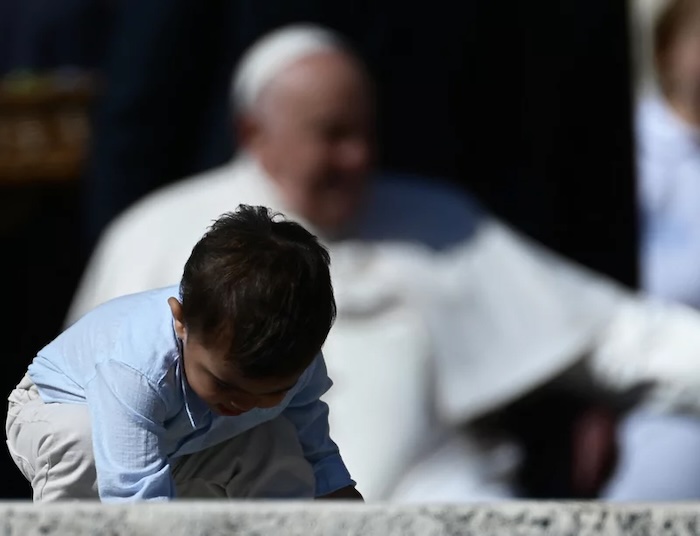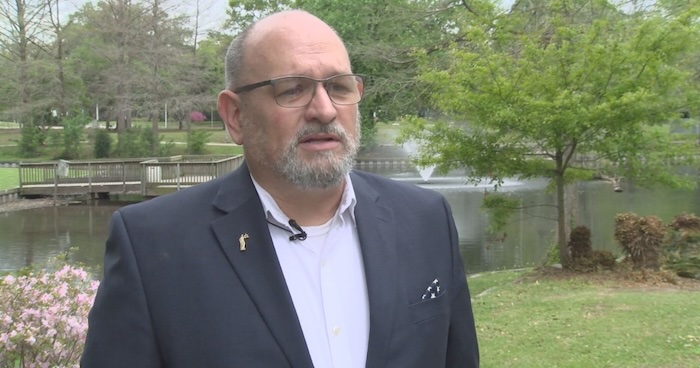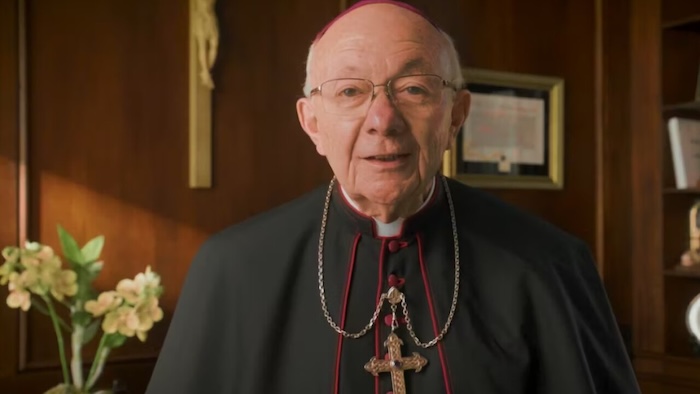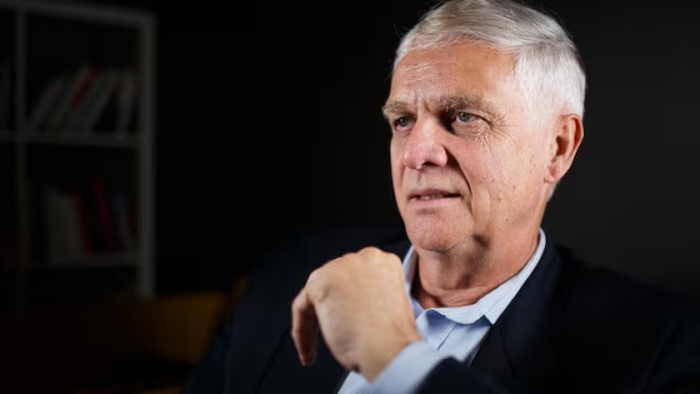— Court rules 4-3 to overturn law that had allowed victims to file civil suits over sexual abuse that took place decades ago
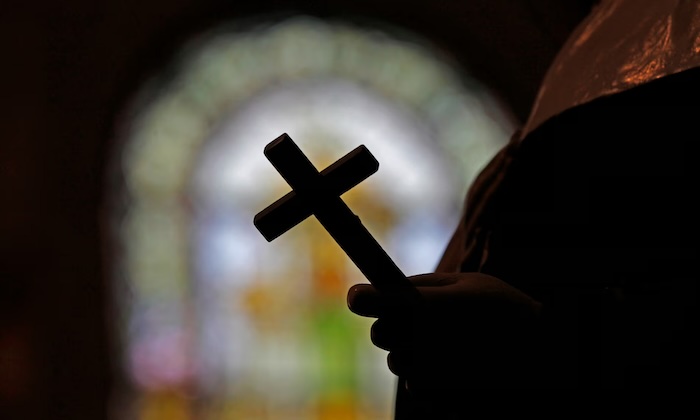
By David Hammer
In a split ruling that has major implications for hundreds of child sexual abuse victims, the Louisiana state supreme court has struck down a law that had allowed victims to file civil lawsuits over molestation that happened decades ago.
Child molestation victims and their advocates were devastated by the 4-3 ruling from a court whose members are elected.
Lawyers Richard Trahant, Soren Giselson and John Denenea, who represented the plaintiffs in the case at the center of Friday’s ruling, said: “Today, four of the seven … justices overruled a law passed by a unanimous Louisiana legislature, signed by then governor [John Bel] Edwards, supported by then attorney general and current governor Jeff Landry and current attorney general Liz Murrill. That’s nearly 200 elected officials who viewed this law as being constitutional.
“Four elected officials just obliterated that. They cannot fathom the excruciating pain this decision has heaped upon adults who were raped as children and already suffer a life sentence.”
Richard Windmann, president of Survivors of Childhood Sex Abuse, said: “Once more the victims and survivors of childhood sex abuse have been denied justice. The institutionalized, systematic and wholesale rape of our children by these organizations is self-evident.”
Windmann pledged to take the case to the US supreme court if necessary, calling it “the final stop to see if we, as human beings, are going to let these atrocities stand and continue to happen”.
Kathryn Robb of ChildUSA, an advocacy group that helped pass lookback or revival windows across the country, said Friday’s ruling meant “predators and institutions that protect predators are going to continue with their bad practices”.
“They’re going to continue with their coverup,” Robb said. “They’re going to continue with putting children in harm’s way. And so I’m saddened. I’m saddened by this decision.”
Such laws were upheld as constitutional in 24 states and the District of Columbia. Louisiana now joins Utah as the only states to find them unconstitutional, Robb said.
Louisiana’s supreme court heard arguments in January involving cases filed against the Roman Catholic diocese of Lafayette over allegations that a priest in that region – about 135 miles (217km) west of New Orleans – molested several children between 1971 and 1979.
The lawsuits were filed under a “lookback window” law the Louisiana legislature passed unanimously in 2021, which eliminated deadlines for old claims in recognition of scientific research that found the average victim doesn’t come forward until that person is 52 years old.
Four Louisiana supreme court justices – James Genovese, Scott Crichton, Jeff Hughes and Piper Griffin – concurred that the “lookback window” law is unconstitutional. The majority opinion written by Genovese said reviving old sexual abuse claims violated the due-process rights of alleged abusers and their enablers to no longer be sued for damages once the original deadline to do so had passed.
The deadlines for filing such lawsuits have changed over the years. In the 1960s and 70s, victims – even children – had a single year to come forward. Those deadlines were extended in the 1980s and 90s to allow child victims to file suit well beyond their 18th birthdays. In 2021, such deadlines were eliminated entirely.
Several justices said from the bench that, regardless of how horrendous the harm caused by child molestation, applying the law retroactively raised constitutional concerns. But in his dissent Friday, Justice William Crain said Louisiana lawmakers should retain the power to give that right to victims.
“Absent a constitutional violation, which defendants have not established, the forum for this debate is the legislature, not this court,” Crain wrote. “The legislature had that debate and – without a single dissenting vote – abolished the procedural bar and restored plaintiffs’ right to sue.”
Crain was joined in dissent by colleagues Jay McCallum and John Weimer, the court’s chief justice.
Friday’s ruling does not affect measures eliminating deadlines to demand civil damages in cases of child sexual abuse that occurred after the law was enacted in 2021.
The lookback window struck from the books Friday was not exclusively for clergy abuse claimants. But it prompted many new cases of that nature against Louisiana’s Catholic institutions and clerics who worked for them.
Among the organizations standing to gain most from Friday’s ruling is the archdiocese of New Orleans, which declared bankruptcy in 2020 in an attempt to dispense with a mound of litigation related to a decades-old clerical molestation scandal there. The lookback window was the strongest legal weapon that clergy abuse accusers seeking damages from the archdiocese had in their efforts to drive the value of their claims up.
With the lookback window no longer a factor, the archdiocese’s efforts to settle those claims for as cheaply as possible received a significant boost.
“The organizations that enable and protect child molesters are rejoicing over this ruling,” said attorney Kristi Schubert, who represents a number of clerical abuse claimants caught up in the New Orleans archdiocese’s bankruptcy. “The ruling shields wrongdoers from the consequences of their evil actions.”
Some supporters of Catholic clergy abuse victims expressed concern that the Louisiana supreme court would ultimately rule against them after its justices prayed with New Orleans archbishop Gregory Aymond at a service in October at St Louis Cathedral. Organizers said the service’s purpose was for members of Louisiana’s legal profession to join Aymond – the leader of the state’s conference of Catholic bishops – in praying for the healing of clerical molestation victims.
Neither the archdiocese of New Orleans nor the diocese of Lafayette immediately commented on Friday’s court decision when asked.
Complete Article ↪HERE↩!

